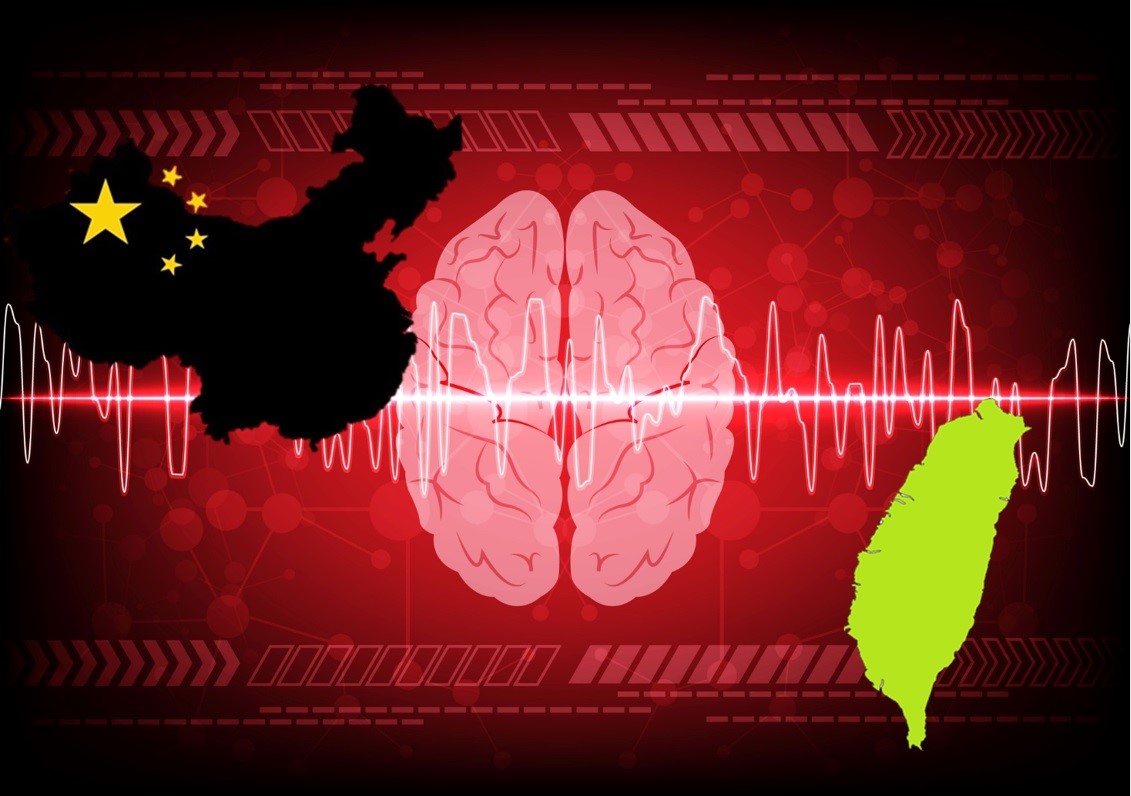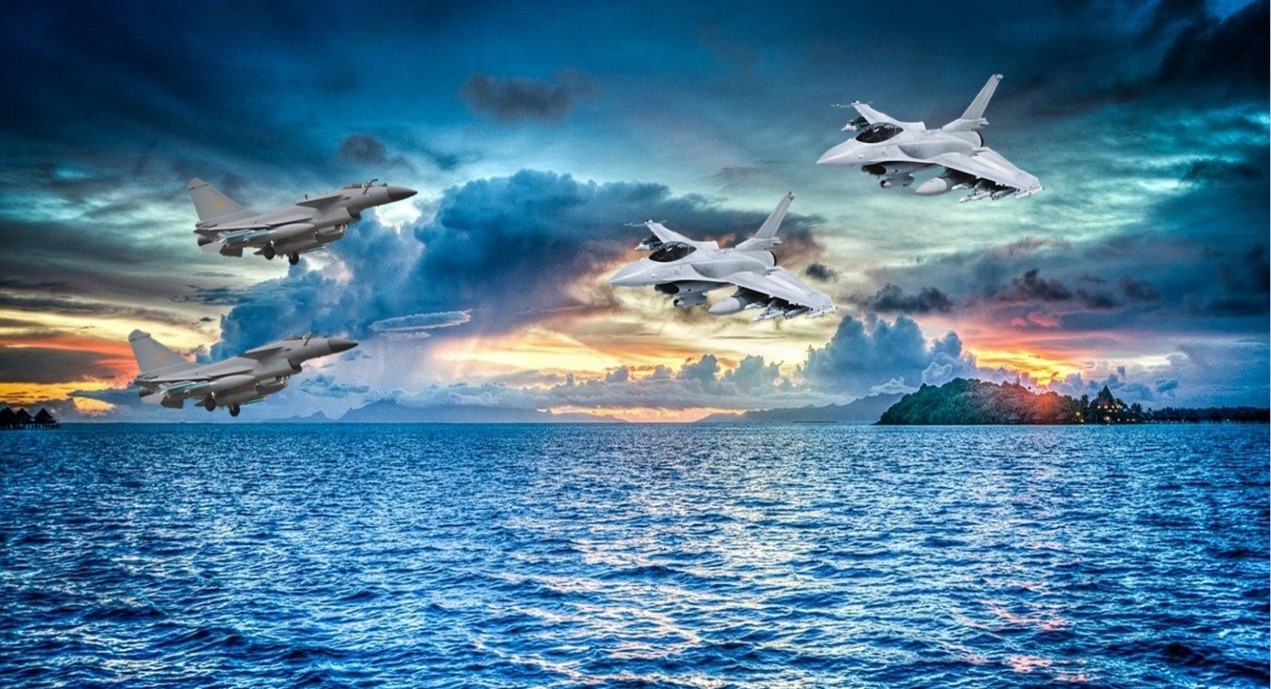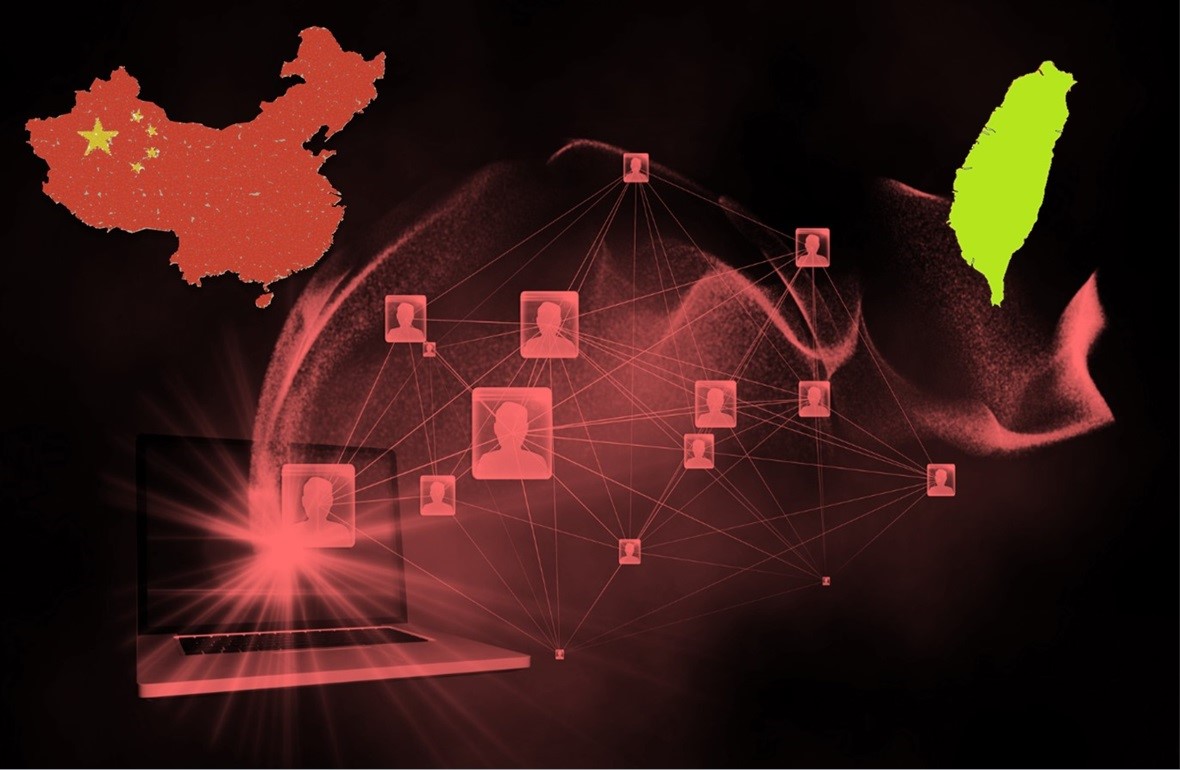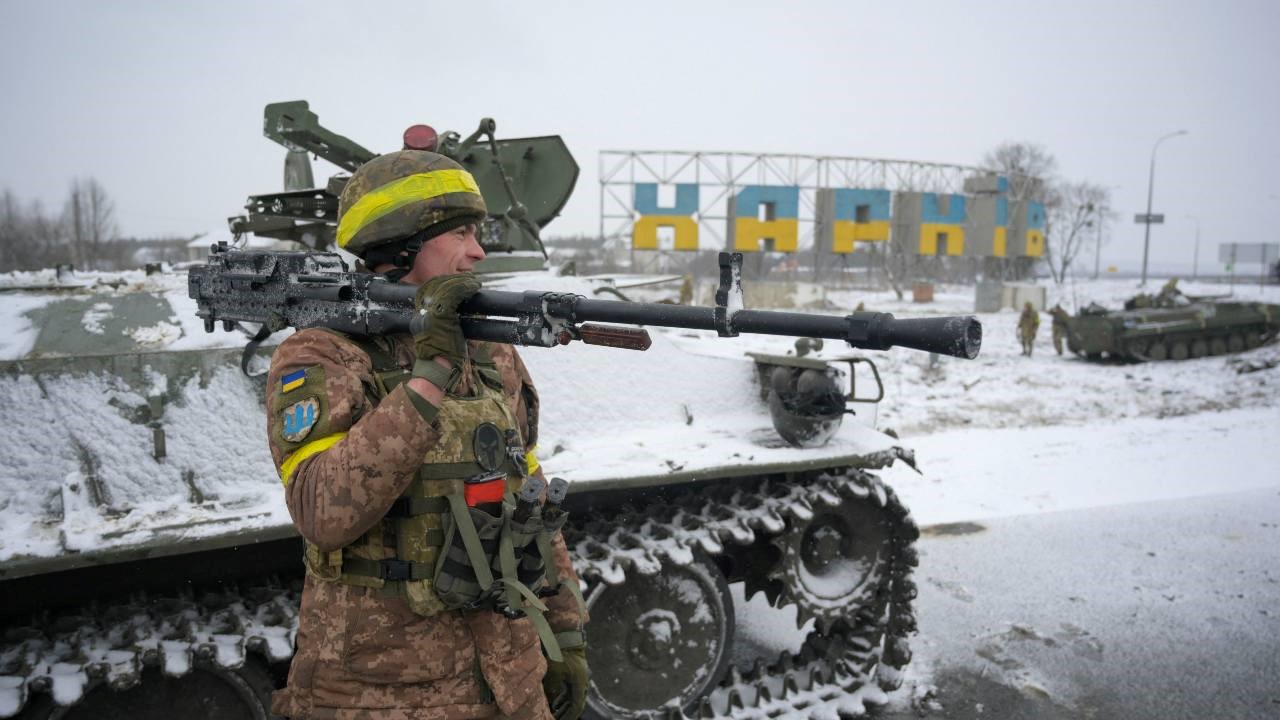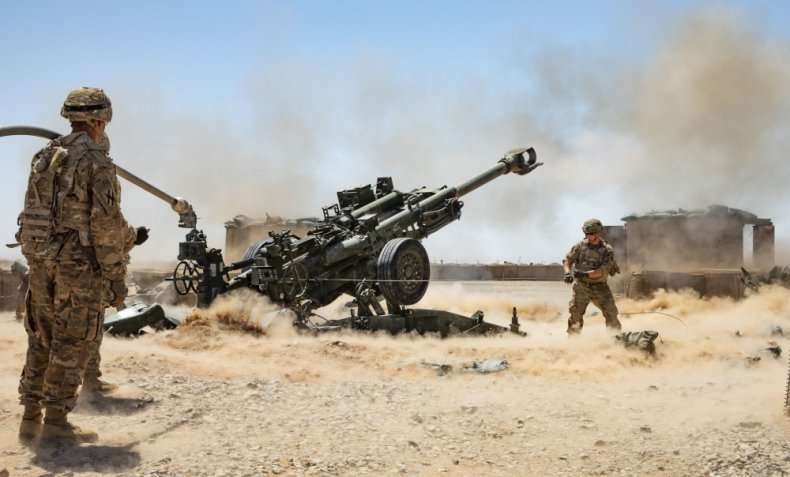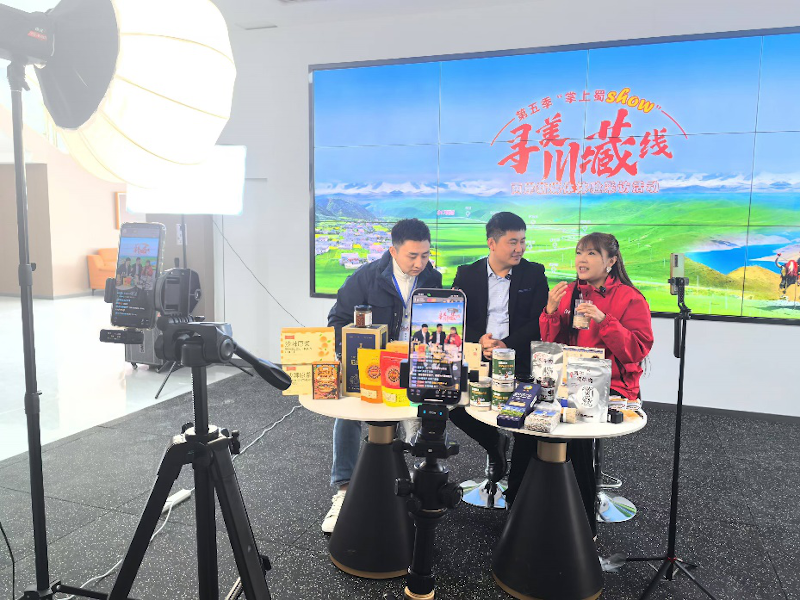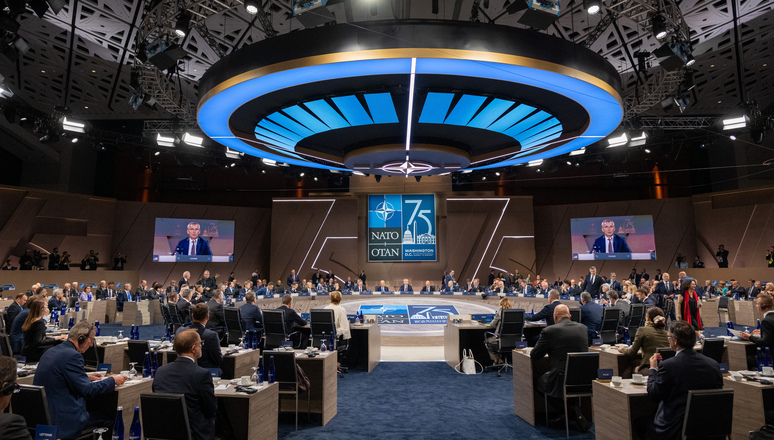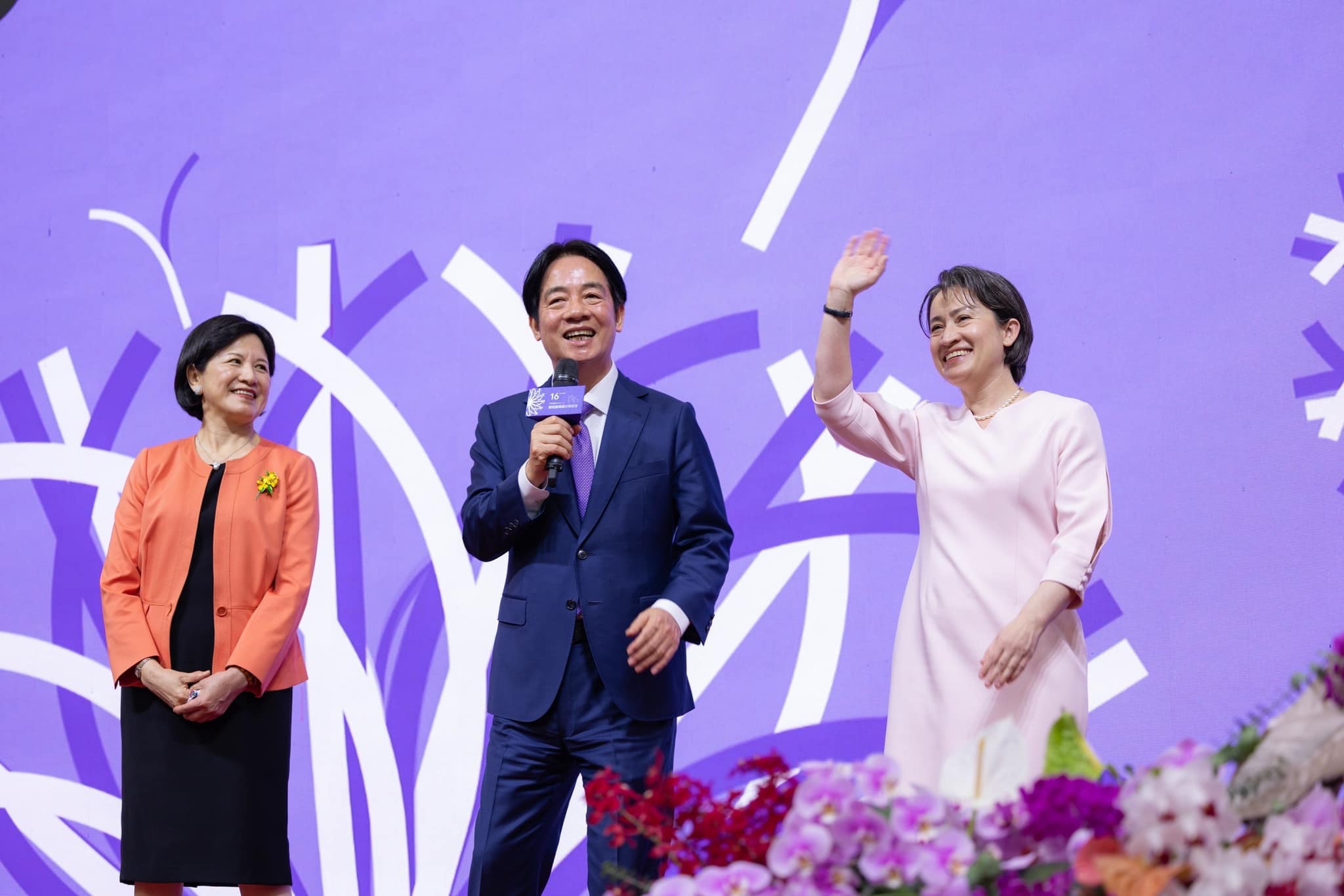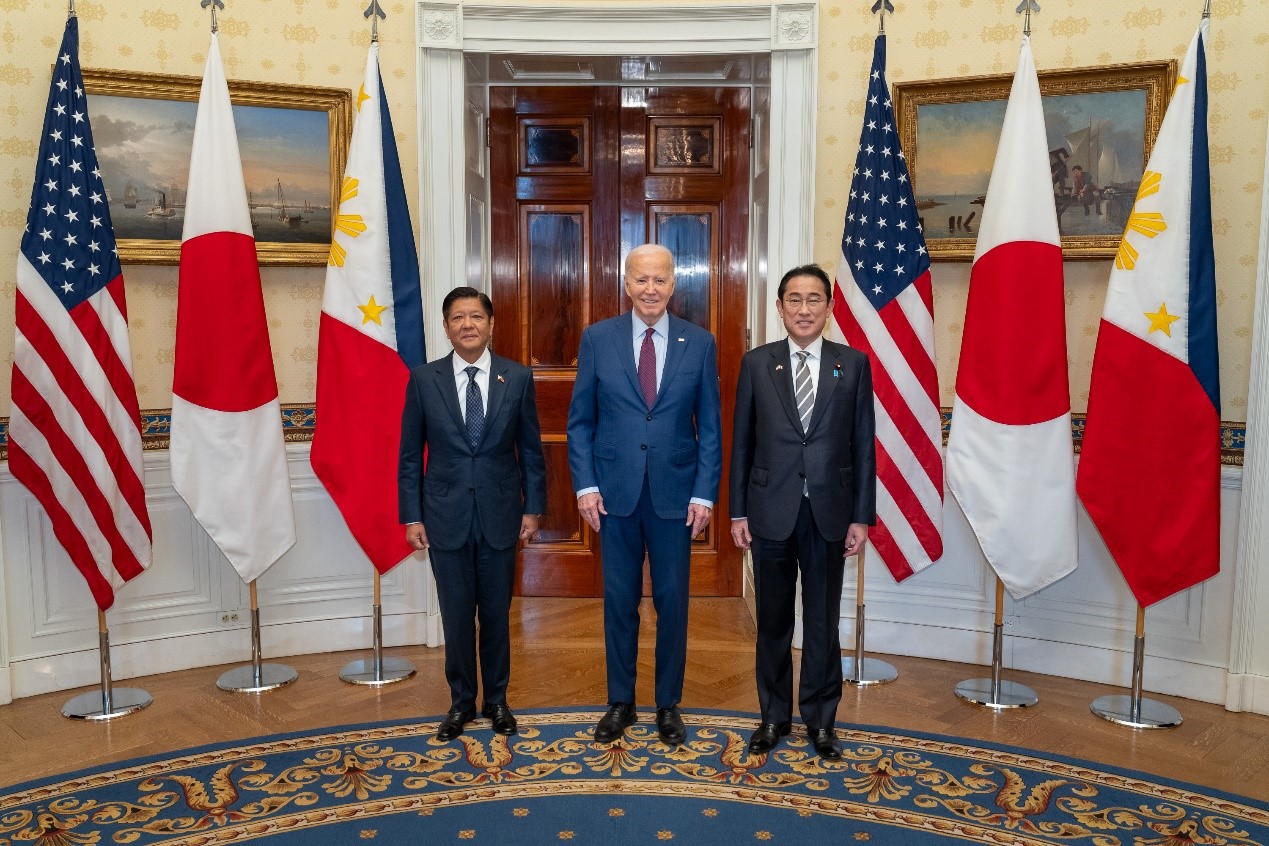China’s Role in the Russia-Ukraine War and Its Cognitive Warfare Operations
So far, China’s involvement in the war in Ukraine has been indirect and cautious. China is arguably learning from the war and identifying the elements that could apply to Taiwan. And it has used the opportunity to conduct cognitive warfare against Taiwan. As Russia fights in the west, China is also ramping up its pressure in the east. The world needs to remain alert to China’s intentions as the war continues. Picture source: Depositphotos.
Prospects & Perspectives 2022 No. 20
China’s Role in the Russia-Ukraine War and Its Cognitive Warfare Operations
By Tsung-han Wu
April 11, 2022
It has been more than one month since Russia launched its “special military operation” in Ukraine on February 24. The war is expected to continue for a long time, largely due to the fact that the invasion has encountered strong resistance from the whole Ukrainian society, and negotiations between Moscow and Kyiv have only achieved limited progress. During that same period, the role of China has been of great concern to the international community, not only because of its close ties with Russia, but also over whether the People’s Liberation Army would take advantage of this moment to take action against Taiwan. On the day President Putin authorized the invasion of Ukraine, the word “Taiwan” became a hot item on Internet search engines. With China becoming more aggressive in recent years, the world is paying attention to its physical and non-physical activities during the war in Ukraine. And one of them is cognitive warfare, an informational means by which China seeks to undermine the societal unity of Taiwan.
China and Russia Disseminate Anti-America and Pro-Russian Narratives
Two types of Chinese involvement in cognitive warfare operations amid the Russian-Ukrainian war have been identified. In the first, China shares the same narratives as Russia and assists with the dissemination of manipulated information, in which Russia Today, Sputnik and Russian officials are always cited as the sources. Though there are specific areas of activity within this category, anti-Americanism and support for Russia serve as the main message throughout such information.
The origins of the war occupy is one of the main topics in this type of operation. According to Beijing’s rhetoric, the war is not referred to as a war, nor as an invasion, but instead a countermeasure to Nazism and alleged extreme nationalists in Ukraine. Moreover, Russia’s operation is referred to as a necessary response to the United States and NATO who, supposedly driven by a Cold War mentality, have crossed Russia’s red line with regards to its security. Through this lens, Russia is a victim battling for survival, and it is the U.S. and the West that are responsible for the crisis in Ukraine.
This is not the first time Chinese propaganda has referred to a Cold War mentality. Previously, Chinese leader Xi Jinping mentioned this term during a speech criticizing the United States. Thus, when Chinese media use the term to narrate Russian actions, it functions as a means to bind the two countries emotionally.
The second identified case of disinformation concerns allegations of biological weapons labs in Ukraine. The original Russian disinformation claimed the labs were funded by the U.S. Pentagon. After being reported, Chinese media immediately broadcast the information widely. Chinese foreign ministry spokesman Zhao Lijian even raised the issue during a regular press conference in March. Such statements appear to be part of an effort to link this to the conspiracy theory about Covid-19, which Beijing has at times claimed was manufactured by the U.S.
Taiwan Is the Main Target
The second type of Chinese cognitive warfare operations is aimed at Taiwan, the main target of the Chinese Communist Party, which hopes to benefit from Russia’s invasion of Ukraine.
Taiwanese fact-checking investigations have shown that during the war, disinformation campaigns and opinions favoring a certain political ideology were found across traditional media and social media platforms. Themes covered conspiracy theories about the outbreak of war, skepticism about U.S. support for Taiwan, the reliability of Taiwan’s military service, and so on. Beijing and its local collaborators in Taiwan appear to have played a role in this effort, with much of the messaging dovetailing with first type of Chinese cognitive warfare operations — i.e., the anti-U.S. narrative. National security units have confirmed this, declaring that the CCP is using the war to conduct cognitive warfare against Taiwan with the intention to destroy Taiwanese morale. As the war evolves, the manipulator also adapts the content of the information.
Analysis of the disinformation suggests that skepticism of the U.S. comes in a variety of forms, such as the idea that the U.S. is the initiator of the war in Ukraine, or that Ukraine was betrayed and abandoned by the U.S. and the West. Though they talk about Ukraine, the intended message, if only implied, is about the supposed untrustworthiness of the U.S., and that idea that Taiwan is a chess piece that will be abandoned if and when war occurs.
A similar effort linking Ukraine and Taiwan regarding the military can be seen as well. In the first days of war, when Ukraine faced the Russian onslaught, some Chinese fake news promoted the idea that President Zelensky had run away and that Ukrainian troops had surrendered. This type of disinformation is believed to constitute an attempt to erode the confidence of the Taiwanese in their government and armed forces.
“Ukraine Today, Taiwan Tomorrow” is another case of cognitive warfare encountered during this period. The slogan appeared on social media platforms soon after the outbreak of war in Ukraine. Its wording structure is like a previous slogan “Afghanistan Today, Taiwan Tomorrow,” which is also related to skepticism about the reliability of the U.S., which pulled out of Afghanistan in August 2021. Having watched the ruined cities and Ukrainian casualties, the sense of fear among the Taiwanese for their nation’s future may be growing — at least that is the intended result of the disinformation campaign waged by Beijing. Although Beijing has repeated that Taiwan is not comparable to Ukraine by saying that Taiwan is not a country, the implication that Taiwan could be a battlefield like Ukraine still exists.
It is worth noting that as the Ukrainians have shown a strong will to counter the invasion, “Ukraine Today, Taiwan Tomorrow” can also become a positive element. This underscores the fact that cognitive warfare is a battle of ideas.
China Will Not Stop Its Operations
So far, China’s involvement in the war in Ukraine has been indirect and cautious. China is arguably learning from the war and identifying the elements that could apply to Taiwan. And it has used the opportunity to conduct cognitive warfare against Taiwan. As Russia fights in the west, China is also ramping up its pressure in the east. The world needs to remain alert to China’s intentions as the war continues.
(Dr. Wu is Assistant Research Fellow, Division of Cyber Security and Decision-Making Simulation, Institute for National Defense and Security Research (INDSR))


